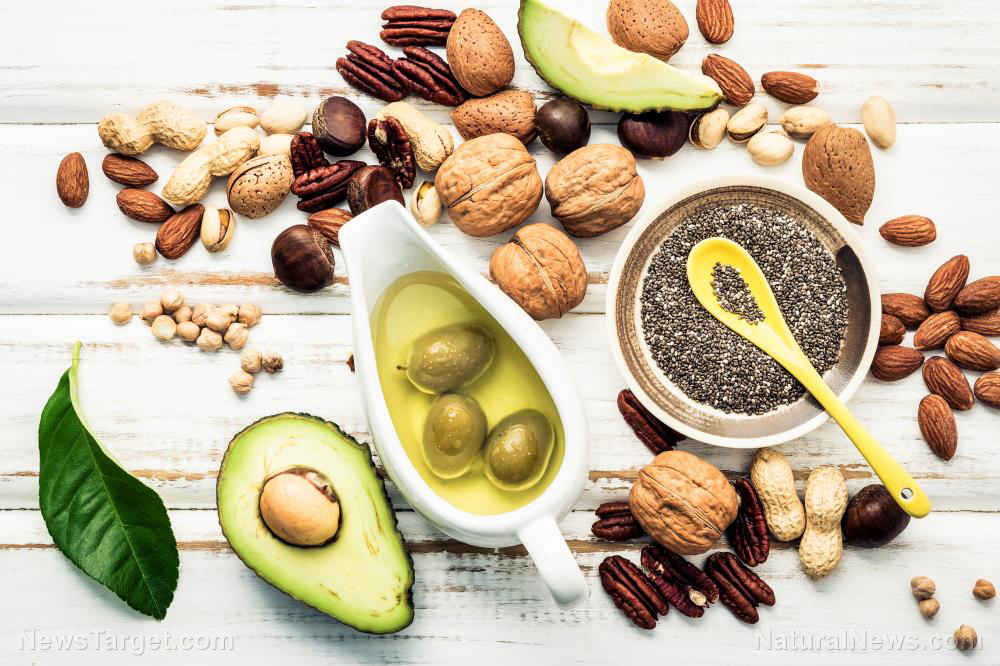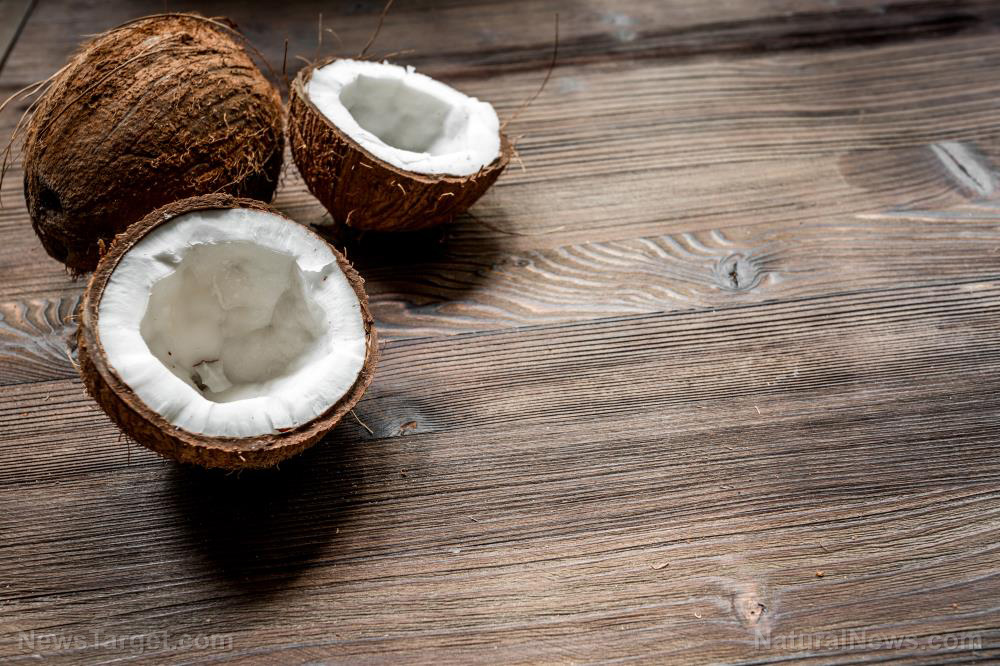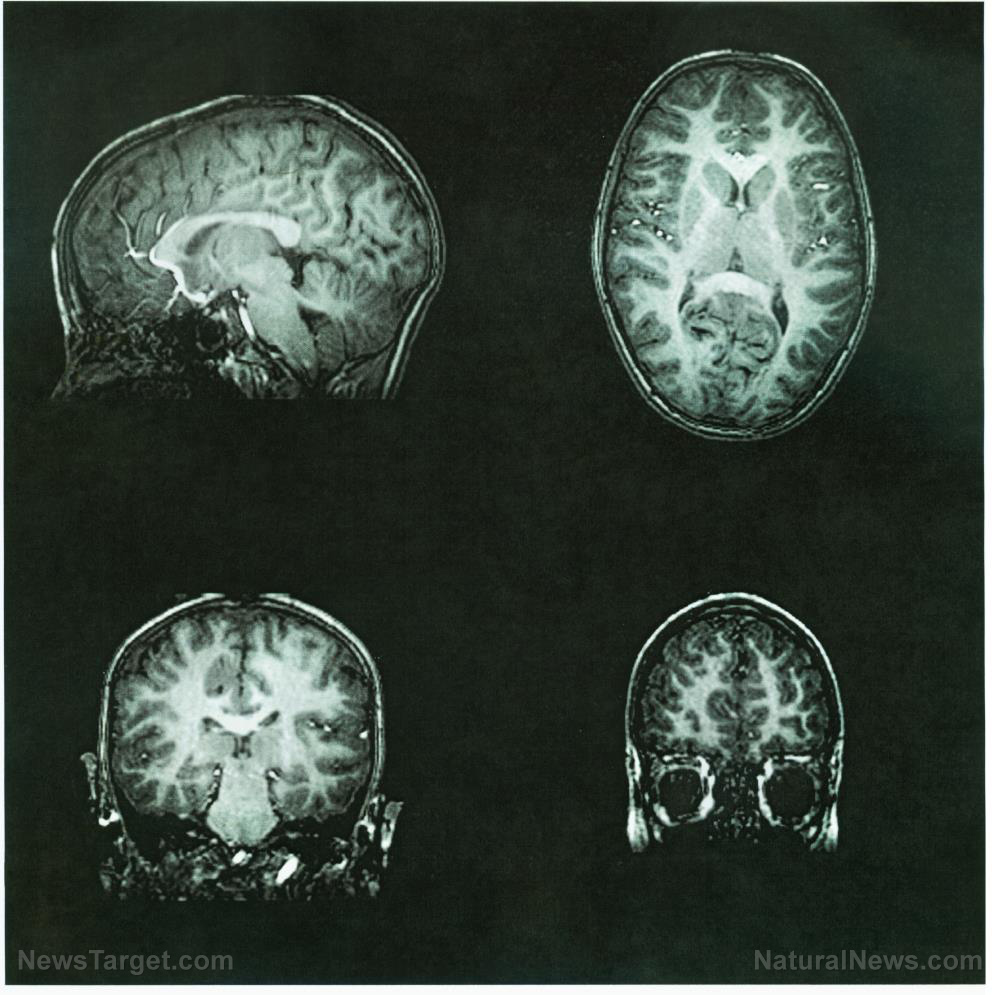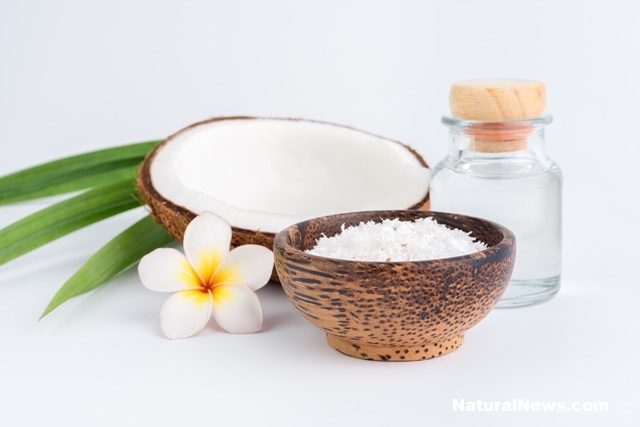Bee pollen: A natural treatment for autism?
10/19/2018 / By Ellaine Castillo
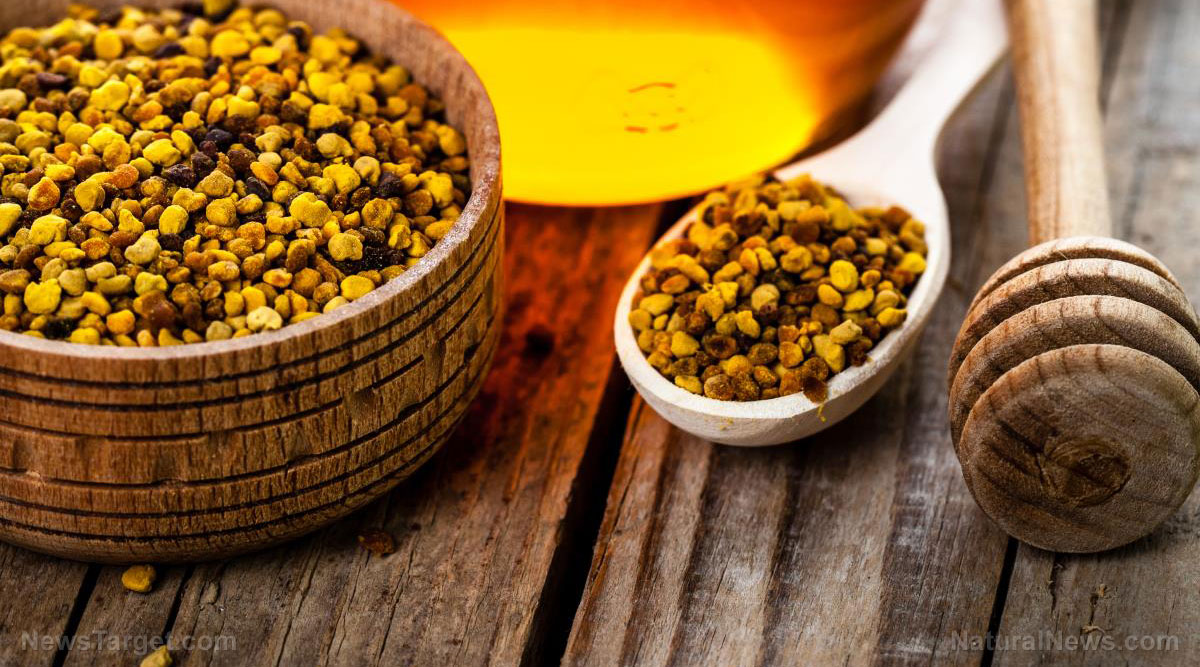
Environmental products are being explored for their potential in treating neurotoxicity. One of these products is bee pollen. A group of researchers from King Saud University was able to prove that bee pollen could ameliorate neurotoxicity-related causes of autism. Their study, which was published in BMC Complementary and Alternative Medicine, made use of in vivo experiments to determine this effect.
- Postnatal exposure to harmful chemicals can increase the risk for autism since infants are more vulnerable to these toxic substances.
- One of the chemicals that has been linked to autism is propionic acid, a commonly used food additive derived from propionibacteria.
- Increased levels of pro-apoptotic markers have been associated with oxidative stress and poor detoxification.
- Bee pollen exhibits different bioactivities like antimicrobial, anti-inflammatory, and detoxification activities. Additionally, it has also been shown to contain lots of vitamins, flavonoids, and lipids. These phytochemicals are attributed for the bioactivities of bee pollen.
- In vivo studies regarding the effects of bee pollen were conducted on male western albino rats with propionic acid-induced neurotoxicity.
The results of the study showed that bee pollen has potential in ameliorating etiological factors of autism, including oxidative stress — neuroinflammation, and poor detoxification — since it had anti-inflammatory, antioxidant, and anti-apoptotic effects.
Read the full text of the study at this link.
Learn more about the potential of bee pollen for treating autism by visiting Cures.news today.
Journal Reference:
Al-Salem HS, Bhat RS, Al-Ayadhi L, El-Ansary A. THERAPEUTIC POTENCY OF BEE POLLEN AGAINST BIOCHEMICAL AUTISTIC FEATURES INDUCED THROUGH ACUTE AND SUB-ACUTE NEUROTOXICITY OF ORALLY ADMINISTERED PROPIONIC ACID. BMC Complementary and Alternative Medicine. 23 April 2016;16(120). DOI: 10.1186/s12906-016-1099-8
Tagged Under: anti-apoptic, anti-inflammatory, antioxidant, autism, Bee Pollen, Brain, natural cures, natural remedies, natural treatment, Natural Treatments, neurotoxicity, Neurotoxin, propionic acid

